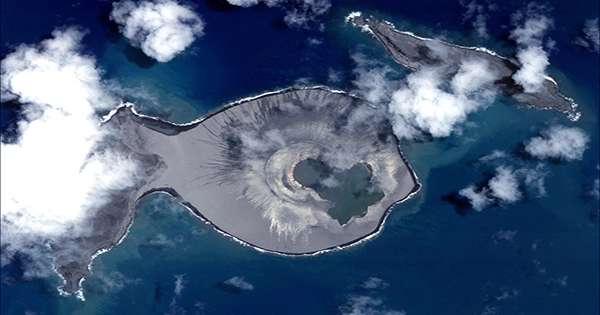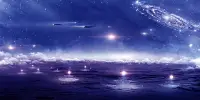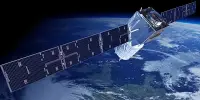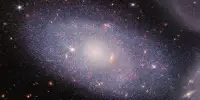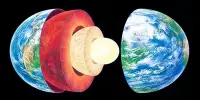In 2015, a brand-new island erupted from the South Pacific, offering geologists, volcanologists, and even biologists and ecologists a previously unheard-of opportunity.
The emergence of a new island is an opportunity to better understand the origins of ecosystems, starting with the microbial pioneers that settle new territory like this before plants or animals develop.
After being created by a volcanic eruption in 2015, Hunga Tonga-Hunga Ha’apai island (Hunga Tonga) didn’t last very long before being completely destroyed by another eruption in early 2022.
However, the island disclosed several intriguing truths during the course of its seven-year existence.
In a recent study, scientists present evidence of an unusual population of bacteria living on the island that metabolizes sulfur and atmospheric gases. These microbes are akin to species that live in hot springs or deep-sea hydrothermal vents, two very different ecosystems.
“We didn’t see what we were expecting,” says microbial ecologist Nick Dragone from the University of Colorado.
Instead of the normal early colonizer’s species like cyanobacteria or creatures found when a glacier retreats, we discovered a special collection of bacteria that metabolize sulfur and atmospheric gases.
32 soil samples were taken from the island by Dragone and his colleagues, ranging in altitude from sea level to the summit of the crater, which is 120 meters (394 feet) high. The samples’ DNA was then extracted and sequenced.
Probably as a result of seeds in bird droppings, plants colonized the island pretty rapidly after it was built, but the researchers concentrated their data collection efforts on bare surfaces.
All of the samples they collected from the volcano’s cone contained bacteria and archaea, but those microbes were substantially different and less diverse than those collected from neighboring vegetated areas.
However, it doesn’t appear that these strange bacteria and archaea arose from ocean water or bird droppings, which would make sense if the initial microbes on a new island came from such sources. Instead, scientists think that these microorganisms may have originated from a subterranean source.
The characteristics of volcanic eruptions, such as the abundance of sulfur and hydrogen sulfide gas, maybe a contributing factor to the presence of these unusual taxa, according to Dragone.
“The bacteria were most resemblant of those discovered in volcanic systems, hot springs like Yellowstone, and hydrothermal vents. The source of the bacteria, in our opinion, was one of those.”
It’s uncommon to get the chance to research this kind of system. Big eruptions are one thing, but it’s quite another to watch an ecosystem emerge on a newly constructed volcanic island.
According to the experts, Hunga Tonga is the only landmass of its kind to arise in the tropics and last for more than a year in the last 150 years.
While researchers traveled to prior freshly formed islands to study the origin of life, their attention was diverted more toward plants and animals than bacteria.
Although these kinds of volcanic eruptions have been placed all over the world, Dragone claims that they rarely create islands. “We had a chance that was exceedingly rare. This type of island system’s microbes had never before undergone such a thorough investigation.”
And no one will ever again have the opportunity to directly observe the island’s residents. Hunga Tonga abruptly disappeared from the Pacific seven years after its appearance.
The volcano erupted once more in January 2022, resulting in the biggest explosive eruption of the twenty-first century and the tallest plume of ash and steam ever seen in history. Hunga Tonga was destroyed, but not before researchers discovered some fascinating facts about its brief existence.
Although we are naturally disappointed that the island is no longer there, Dragone notes that we can now make a lot of predictions about what will happen when islands arise.
“Therefore, if something were to form there once more, we would go and get further information. We would have a strategy for how to research it.”
